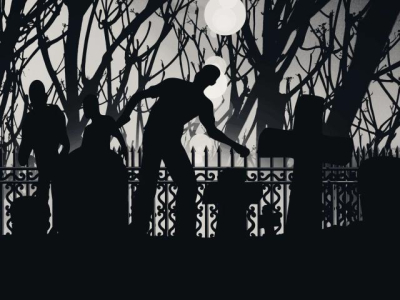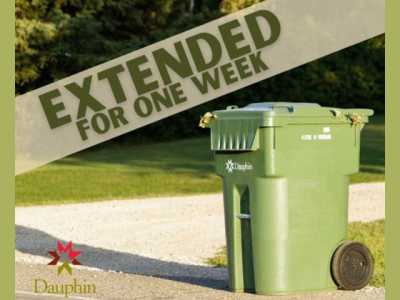To avoid becoming a victim of tax scams, it’s important to know what’s out there.
Jessica Gunson with the Canadian Anti-Fraud Centre says scams can come in many forms like a phone call, an e-mail, or even a text message.
“Know what’s out there. So again I go back to that ‘Recognize, Reject, Report.’ Recognize the scam. So that when that phone call is received, the e-mail is received, the text message comes in; you’re able to recognize it. Lastly, it’s to tell as many people as you can. Because we’ve had consumers that have said, ‘you know what I was talking with my neighbour; I didn’t even realize this kind of thing was out there. The next day I got an e-mail and would have fallen for it.’ So just by you telling someone if you belong to a group or club, talking to your family members, talking to your friends, you may save somebody from losing lifetime savings by making them aware that these kinds of scams are out there.”
These kinds of scams usually increase during tax season, but scams can happen at any time of the year. So it's important to be aware and be prepared.
“Scams are cyclical. Just because it’s not tax season, we know of consumers that have fallen for something just before Christmas. Because the fraudsters will make it seem like it’s a past issue and it’s just being caught now. So it doesn’t really matter the season.”
Gunson says anyone can be a victim. Saying they’ve had calls from all ages.
“The CRA will do callbacks on the phone occasionally if they are running a certain campaign. But they are not going to call you back and tell you; you need to pay right away. That’s the difference.”
Tips to follow if something asks for money or your information:
- Avoid clicking on any links,
- Don’t pay. The government will never ask to pay with bitcoin, gift cards, or band drafts.
- Or if the class sounds suspicious just hang up.







